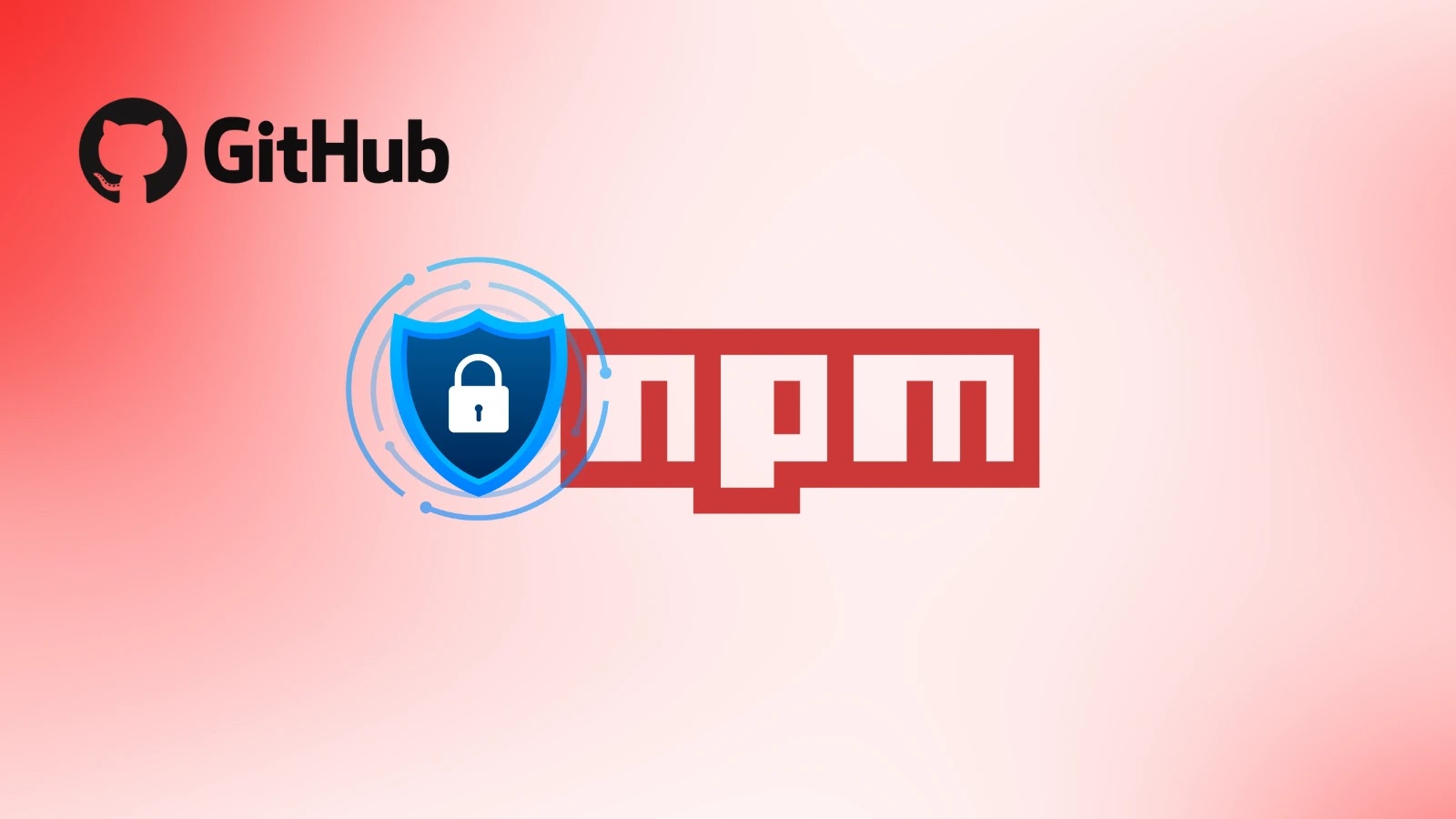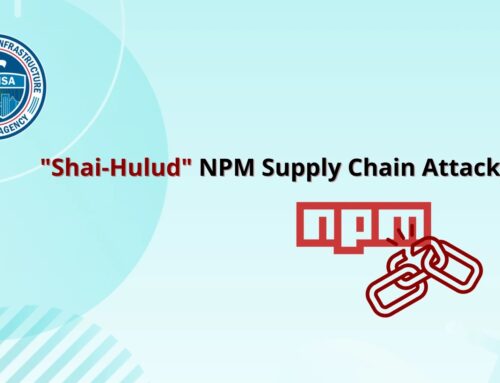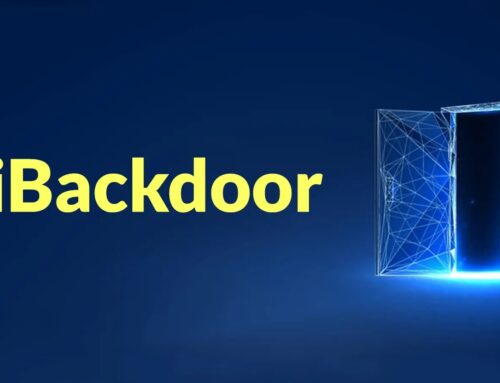
GitHub Enhances NPM’s Security with Strict Authentication, Granular Tokens, and Trusted Publishing
The open-source ecosystem, a cornerstone of modern software development, faces persistent threats from malicious actors. High-profile supply-chain attacks, specifically targeting package registries like npm, have starkly exposed critical vulnerabilities. In response to these escalating risks, GitHub has significantly bolstered npm’s security framework. This pivotal update introduces strict authentication mechanisms, granular access tokens, and a robust trusted publishing process, marking a critical leap forward in defending open-source projects against account takeovers and the insidious payload injections that have plagued the community.
The Escalating Threat of Supply Chain Attacks on npm
Recent years have witnessed a surge in sophisticated supply-chain attacks. These incidents often leverage compromised accounts or malicious packages injected into widely used open-source libraries. For instance, vulnerabilities involving compromised npm packages have led to widespread damage, affecting numerous downstream projects. The impact is not merely limited to data breaches; it extends to intellectual property theft, system compromise, and significant reputational damage for affected organizations.
The very nature of open-source, with its interconnected dependencies, makes it a prime target. A single malicious package can propagate through hundreds or thousands of projects, creating a domino effect that is difficult to contain. Recognizing this pressing challenge, GitHub has prioritized the implementation of stronger security measures within the npm ecosystem.
Strict Authentication: Fortifying npm Account Security
A primary defense against account takeovers is robust authentication. GitHub is introducing stricter requirements for npm account access, aiming to prevent unauthorized individuals from publishing malicious packages or tampering with existing ones. This initiative likely includes mandating multi-factor authentication (MFA) for all publishers and developers, a proven deterrent against credential theft.
By enforcing stricter authentication policies, GitHub aims to:
- Reduce Account Takeovers: Making it significantly harder for attackers to gain illicit access to developer accounts.
- Enhance Trust: Increasing confidence in the authenticity of packages published on npm.
- Protect Critical Infrastructure: Safeguarding the integrity of the npm registry itself, which is vital for countless projects worldwide.
Granular Access Tokens: Minimizing the Blast Radius
Traditional API tokens often grant broad permissions, a significant security risk if compromised. GitHub’s introduction of granular access tokens for npm addresses this by allowing developers to define precise permissions for each token. This means a token can be restricted to specific tasks, such as publishing to a particular package or accessing specific metadata, minimizing the “blast radius” should the token be compromised.
Key advantages of granular tokens include:
- Principle of Least Privilege: Tokens are granted only the necessary permissions, aligning with established security best practices.
- Improved Auditing: Enhanced visibility into token activity, making it easier to track and identify suspicious behavior.
- Reduced Impact of Compromise: A compromised granular token will have limited utility, preventing widespread damage.
Trusted Publishing: A New Paradigm for Package Integrity
Trusted publishing is a transformative step towards ensuring the integrity of published packages. While specific details would require further documentation from GitHub, this feature typically involves cryptographic signing of packages and integration with secure build environments. The goal is to verify that a package originates from a trusted source and has not been tampered with during the publishing process.
This initiative could encompass:
- Cryptographic Signatures: Ensuring the authenticity and integrity of packages uploaded to npm.
- Source Code Verification: Linking published packages directly to their source repositories, providing transparency and traceability.
- Secure Build Environments: Potentially integrating with GitHub Actions or other CI/CD pipelines to ensure that packages are built and published from trusted, untampered environments.
Remediation Actions for Developers and Organizations
While GitHub is enhancing the platform, developers and organizations must actively embrace these new security features and implement best practices.
- Enable Multi-Factor Authentication (MFA): Ensure MFA is activated on all npm accounts, especially for package maintainers.
- Adopt Granular Tokens: Transition to using granular access tokens with the principle of least privilege for all automated publishing processes and CI/CD pipelines. Regularly review and revoke unused tokens.
- Audit Dependencies: Regularly audit direct and transitive dependencies using tools like
npm auditdirectly or integrated into your CI/CD. - Utilize Security Scanners: Integrate static application security testing (SAST) and software composition analysis (SCA) tools into your development workflow to identify vulnerabilities within your codebase and its dependencies.
- Stay Informed: Keep abreast of the latest security advisories and best practices from GitHub and the npm community.
Conclusion: A Stronger Foundation for Open Source
GitHub’s commitment to enhancing npm’s security with strict authentication, granular tokens, and trusted publishing represents a vital step in fortifying the open-source ecosystem. These measures directly address the vulnerabilities exploited by recent supply-chain attacks, offering a more resilient and trustworthy platform for developers. By embracing these advancements and maintaining diligent security practices, the open-source community can collectively build a more secure future.





